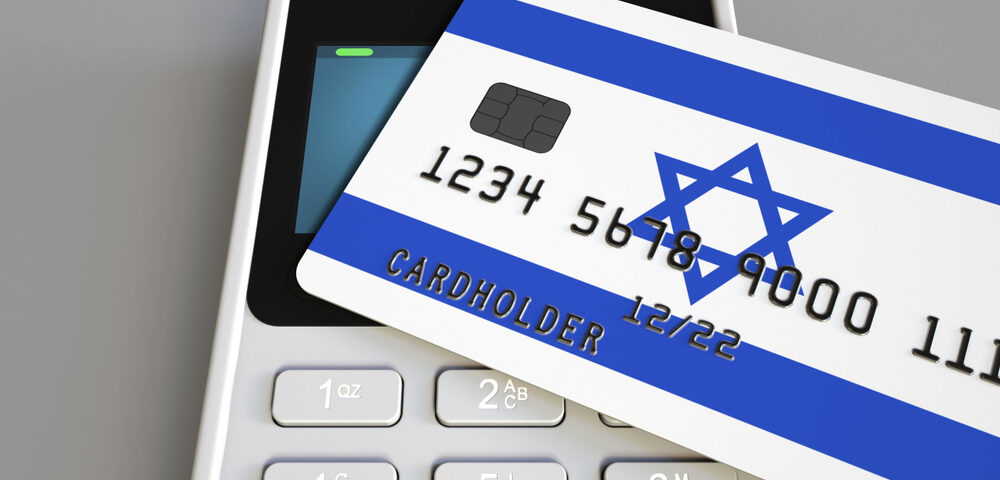In recent years my wallet keeps getting lighter. In fact, it is so light that I lose it so often. Its content is not particularly exciting - a credit card, ILS 20 in cash (in case required) and a driver's license. Similarly, one can see how people carry less and less cash in their pockets and soon, whether one likes it or not, they will be limited from using cash and bank checks above a certain amount. And who benefit the most from this? The credit card companies.
On March 18, 2018, a new Israeli law was officially published aiming to reduce the use of cash, which stipulates various prohibitions and restrictions on the use of cash and checks, violation of which leading to financial sanctions and even criminal sanctions punishable by imprisonment. The declared goal: to limit the use of cash and checks in order to reduce black capital and to combat criminal activity, including tax evasion, money laundering and the financing of terrorism, as well as to promote the use of electronic means of payment. Who benefits: credit card companies, but you are probably not surprised whereas they benefit from many things. The profit will be made at the expense of business owners who will have to pay commissions for each transaction exceeding the amount specified in the law, contrary to the current situation whereby cash and checks can be used without the cost of a transaction.
The law establishes prohibitions and restrictions on the use of cash and checks in transactions. For example, it is not possible to pay more than ILS 11,000 in cash (or ILS 50,000 for transactions outside the scope of each of the parties' business), and if the amount of a transaction exceeds such limits, it is not possible to pay more than 10% of the transaction in cash. This amount also applies to cash payments of salaries, gifts or loans.
The law also battles the use of checks for fraud and theft of money, as a recently published scheme of stealing checks from elderly and transferring them to currency service providers (the thief was convicted and imprisoned, yet the business owners who received the open checks are now suing the elderly for their money). Thus, now it is forbidden for a merchant to receive or give an open check, regardless of the check's amount, and when it comes to a non-merchant, such a person will not be able to receive an open check in an amount exceeding ILS 5,000. In addition, open checks can no longer be cashed in banking institutions, and restrictions on the assignment of checks have also been imposed.
The law also prohibits the splitting of transactions in order to avoid the limitations therein, and such a split is a criminal offense in itself punishable by imprisonment. The law also grants extreme powers to the law enforcement agencies to obtain private and confidential information - powers that will likely be limited by the Court when they are put to the test. Then again, the law does not set (at least until it is amended to regulate this issue) any personal liability to corporate executives, thus leaving a "back door" to evade criminal liability, precisely to those people who are in the business of money laundering and fraud.
Although the new law will gradually enter into force only on January 1, 2019, it is advisable to prepare for the new procedure, and it is advisable to consult with an attorney specializing in the field and to be updated with new regulations that will be enacted according to the law.
